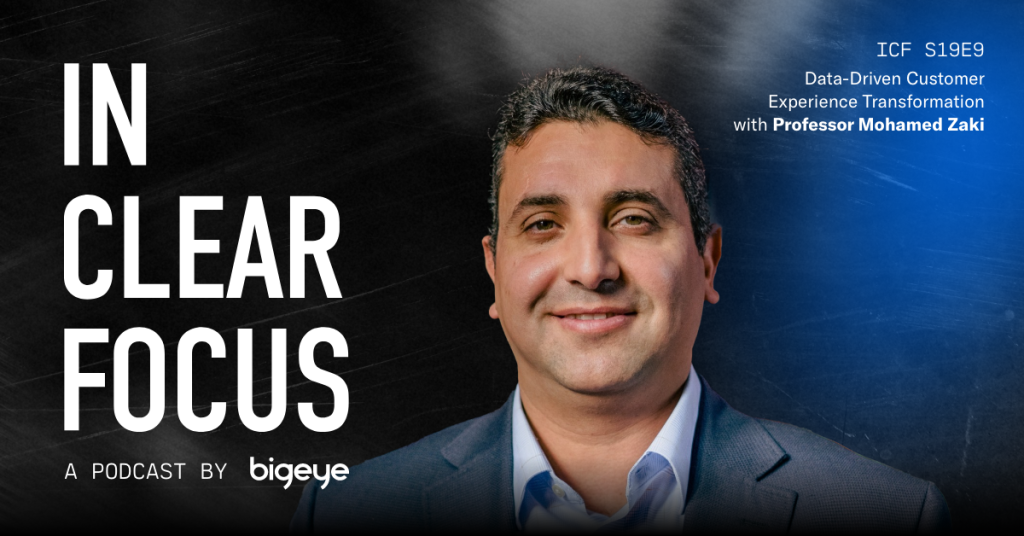When you’re three, you don’t know much. The world around you is an amazing stimulus of glittery, shiny and bright things, just waiting for you to touch them and explore them. As adults, when people are subject to advertisements and promotions, they experience marketing in the same way. Good marketing makes people impulsively want to reach out for things, try new products and seek new experiences.
Like a good parent, the marketer’s goal is then to push the person in the right direction. We make hundreds of choices each day about where to eat, what fabric softener to use, and what type of chair looks best in the dining room. Though we may not realize it, it’s marketing exposure that allows us to make informed choices.
But children are unpredictable sometimes, as are consumers. Ask a group of well-educated adults what they want in a smart phone, and you’ll get a host of complicated features. Apple’s Steve Jobs took it upon himself to dismiss focus groups and instead to create the features that people didn’t know they wanted yet… applications, web browsing features, music, video and, most importantly, efficient design.
Around age three, a child learns how to identify with a group. While this tendency is most pronounced in young children, the fundamental learnings they take home during that time stay true well into adulthood. These attitudes are the same ones we fall back upon when we identify with groups as adults. Nike capitalizes on the people who identify as athletes, designing products suited toward athletic lifestyles and even engaging in content marketing directed toward that group. Throughout our lives, we’re constantly evolving and identifying with our favorite brands, purchasing Apple products or showing a preference for Pepsi over Coke. Our perceptions of our own identities evolve as we grow to learn more about the world around us. Advertisers can latch on to this concept to sell us their products at every stage of our lives.
Parenting is hard, and in the way that children trust their parents, consumers trust advertisers and marketers to point them into the right direction. [quote]Marketers strive to make that meaningful connection to their consumers, much in the way that parents strive to see the world in the way that a child can understand. [/quote]Consumers reciprocate when they find brands reliable and trustworthy.
For advertisers and marketers, the realization that our client base may not fully understand the science behind the marketing of the good or service means that we have the ability to teach them. We can also grow with them, and can learn from their mistakes. But, in any case, the brand is the guide – at our Florida advertising agency, we believe that a successful brand will teach consumers to comprehend new products or ways of thinking, or to experience existing products or services in an emotionally-connected way.
The team at our Florida marketing agency wants to remind you that the next time you receive criticism from a client, or you experience surprising or even erratic behavior from consumers, it’s important to step back from your consumers and instead view them from a parental perspective. They trust you, and they’ll lash out against you, but if you’re able to build trust and respect within the relationship, you’re able to nurture a healthy, long-lasting relationship.
To learn more about our advertising and marketing services, please contact BIGEYE today at 407-839-8599.



